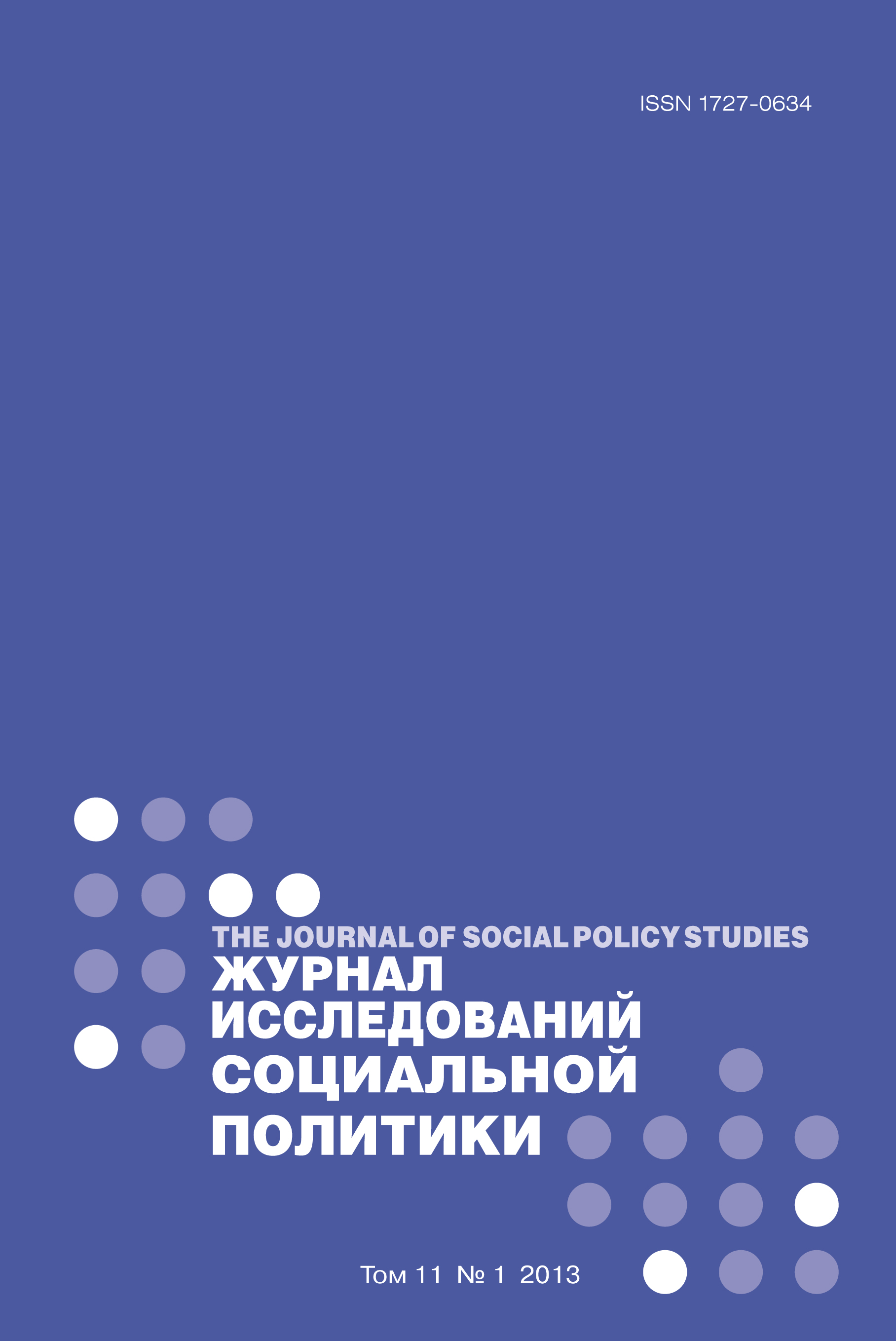Trust, Welfare and Political Economy: Explaining National Differences in the Use of Imprisonment.
Abstract
This article explores explanations for differences in penal severity in industrialized countries, evaluating quantitative data and theoretical perspectives to examine several aspects of penal systems. These include rates of imprisonment in different countries, crime rates in relation to prisoner rates, welfare and social equality, trust and legitimacy, and democracy and political economy. The focus is not restricted to the Anglophonic world, but encompasses the Scandinavian countries, Western and Eastern continental Europe, and the Baltic states. Unprecedented expansions of penal control have occurred in recent decades in different parts of the world. American imprisonment rates have increased nearly fivefold and Dutch rates sixfold since the early 1970s. Substantial changes of differing magnitudes may be observed in many countries. An increase in states’ willingness to use penal power has provoked criminological and sociological explanations, most from writers in North America and English-speaking countries. An unspoken assumption that developments in the United States and England and Wales occurred elsewhere has influenced efforts to formulate general explanations of changes taking place under general conditions of late modern society.
However, the author notes that things have not happened the same way everywhere, and to overlook differences between nations may lead to overgeneralised and simplified pictures of the dynamics of penal change. For example, alongside general growth in cultures of control, there are divergent trends and country-specific deviations. The Scandinavian countries with their more restrained penal policies serve as one important counterexample: despite some recent criticisms, Nordic penal policy has been an example of a pragmatic and non-moralistic approach, with a clear social policy orientation. It reflects the values of the Nordic welfare-state ideal and emphasizes that measures against social marginalization and inequality work also as measures against crime. In conclusion, the author argues that the pre-conditions of rational policy-making must be prioritised over populist posturing through the production of more and better information for politicians, practitioners and the public. The normal rules of political accountability should also be applied in penal discourse.
However, the author notes that things have not happened the same way everywhere, and to overlook differences between nations may lead to overgeneralised and simplified pictures of the dynamics of penal change. For example, alongside general growth in cultures of control, there are divergent trends and country-specific deviations. The Scandinavian countries with their more restrained penal policies serve as one important counterexample: despite some recent criticisms, Nordic penal policy has been an example of a pragmatic and non-moralistic approach, with a clear social policy orientation. It reflects the values of the Nordic welfare-state ideal and emphasizes that measures against social marginalization and inequality work also as measures against crime. In conclusion, the author argues that the pre-conditions of rational policy-making must be prioritised over populist posturing through the production of more and better information for politicians, practitioners and the public. The normal rules of political accountability should also be applied in penal discourse.















